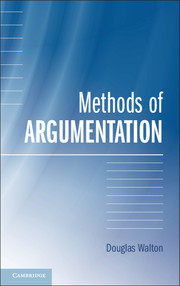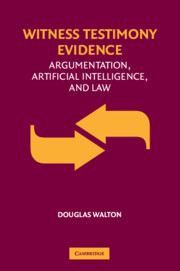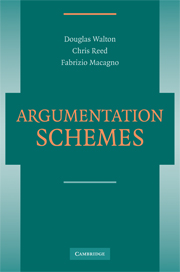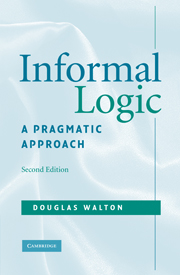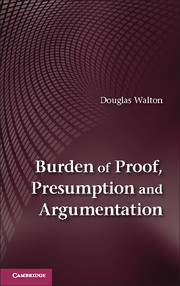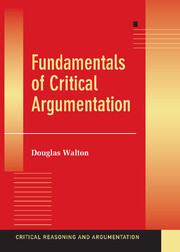Methods of Argumentation
Argumentation, which can be abstractly defined as the interaction of different arguments for and against some conclusion, is an important skill to learn for everyday life, law, science, politics and business. The best way to learn it is to try it out on real instances of arguments found in everyday conversational exchanges and legal argumentation. The introductory chapter of this book gives a clear general idea of what the methods of argumentation are and how they work as tools that can be used to analyze arguments. Each subsequent chapter then applies these methods to a leading problem of argumentation. Today the field of computing has embraced argumentation as a paradigm for research in artificial intelligence and multi-agent systems. Another purpose of this book is to present and refine tools and techniques from computing as components of the methods that can be handily used by scholars in other fields.
- Gives a clear general idea of what the methods of argumentation are and how they work as tools that can be used to analyze arguments
- Clearly lays out application of argumentation methods, making these applicable and accessible to students
- Walton, an expert in the field, is known for translating argumentation to law and artificial intelligence
Reviews & endorsements
'… successfully shows the methods of argumentation theory at work … instructors of courses titled 'critical thinking' or 'informal logic' will want to add it to their own reading lists. Excellent bibliography and thorough index. Recommended. Graduate students and above.' R. C. Robinson, Choice
Product details
August 2013Paperback
9781107677333
317 pages
228 × 152 × 16 mm
0.43kg
55 b/w illus. 10 tables
Available
Table of Contents
- 1. Introducing some tools and basic concepts
- 2. Argument attack, rebuttal, refutation, and defeat
- 3. Arguments with missing parts
- 4. Applying argumentation schemes
- 5. Similarity, precedent, and argument from analogy
- 6. Teleological argumentation to and from motives
- 7. The Carneades model of scientific discovery and inquiry
- 8. Fallacies, heuristics, and sophistical tactics
- 9. The straw man fallacy.

